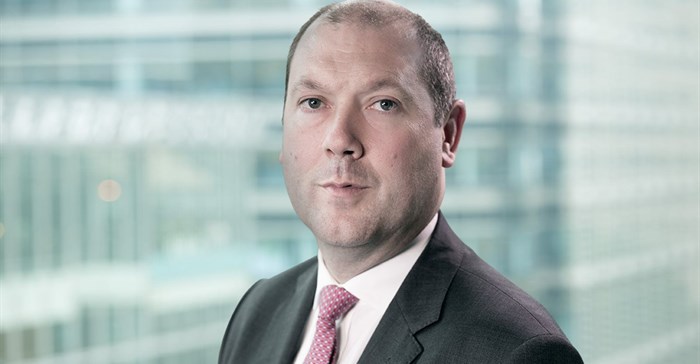






Leading a bank through the global financial crisis, I saw how recessions provide a litmus test of business resilience. Companies appear more prepared to meet that challenge today, in part because a healthier financial sector can better withstand severe economic loss.
As I work from my kitchen, it’s tempting to think that a return to the office will signal a return to business as usual. But my virtual conversations with clients reveal far wider ambitions. This chimes with public appetite for change.
New research by HSBC, Navigator, surveyed over 2,600 companies around the world. It shows that post-pandemic business plans hold promise for the economic renewal the public seek. Firms are making fundamental changes to how they operate across three dimensions.
Recognising their responsibility to society, one in three firms reacted to the pandemic quickly by adapting their products and services to support relief efforts. Businesses are pulling through by pulling together. Despite physical distance, four in five businesses feel closer to their customers, employees and suppliers. And nine in 10 provided direct support to businesses they work with. This collaboration, coupled with government support, ensured that more businesses survived to reach the summit of this crisis than feared.
This strategic shift towards collaboration will not be short-lived. An overwhelming majority of businesses are seeking to become more collaborative, rather than self-sufficient.
This is fundamental to raising long-term productivity and growth.The most resilient businesses are investing in technology to innovate, rather than just to automate and cut costs.
The pandemic offered a glimpse of the future - from zoom meetings to streaming entertainment and e-commerce deliveries. The Navigator survey shows technology is now seen as vital for business continuity, with most firms moving online. This recognises changing consumer habits and signals a digital recovery.
The third dimension of business change will bolster hopes for accelerating the low-carbon transition. There is near unanimous commitment among business leaders to rebuild on firmer environmental foundations. This creates long-term commercial opportunity, and 85% of businesses therefore prioritise environmental sustainability.
So amid the greatest economic challenge in a generation, businesses are pivoting to become more collaborative, more innovative and more sustainable. Businesses’ emphasis on collaboration creates space for expanding partnerships between public, private and civic sectors to develop answers. Policymakers’ initial aim of building an economic bridge between the pre-pandemic world and post-pandemic future is holding. Businesses have proven resilient. But bigger questions lie ahead about what kind of economy emerges.
Throughout this crisis banks have acted as the transmission channel for billions of dollars in liquidity support to people and businesses. The next step in recovery requires financing of the operational change companies are seeking. Business decisions to hire staff and upgrade equipment will spur innovation and improve living standards. Yet short-termism can influence both financial markets and politics. And stretched balance sheets may further limit post-pandemic investment. Long-term thinking among policymakers may offer a corrective.
There will be a huge requirement for patient capital to rebuild – creating an opportunity for public investment to support a rebound. Governments and the financial sector should explore new ways of promoting investment, including blended finance, where risk is appropriately shared between the public and private sector.
Businesses around the world are forging a new path to emerge stronger from this crisis. But they cannot do so alone. Economic renewal depends on effective collaboration.